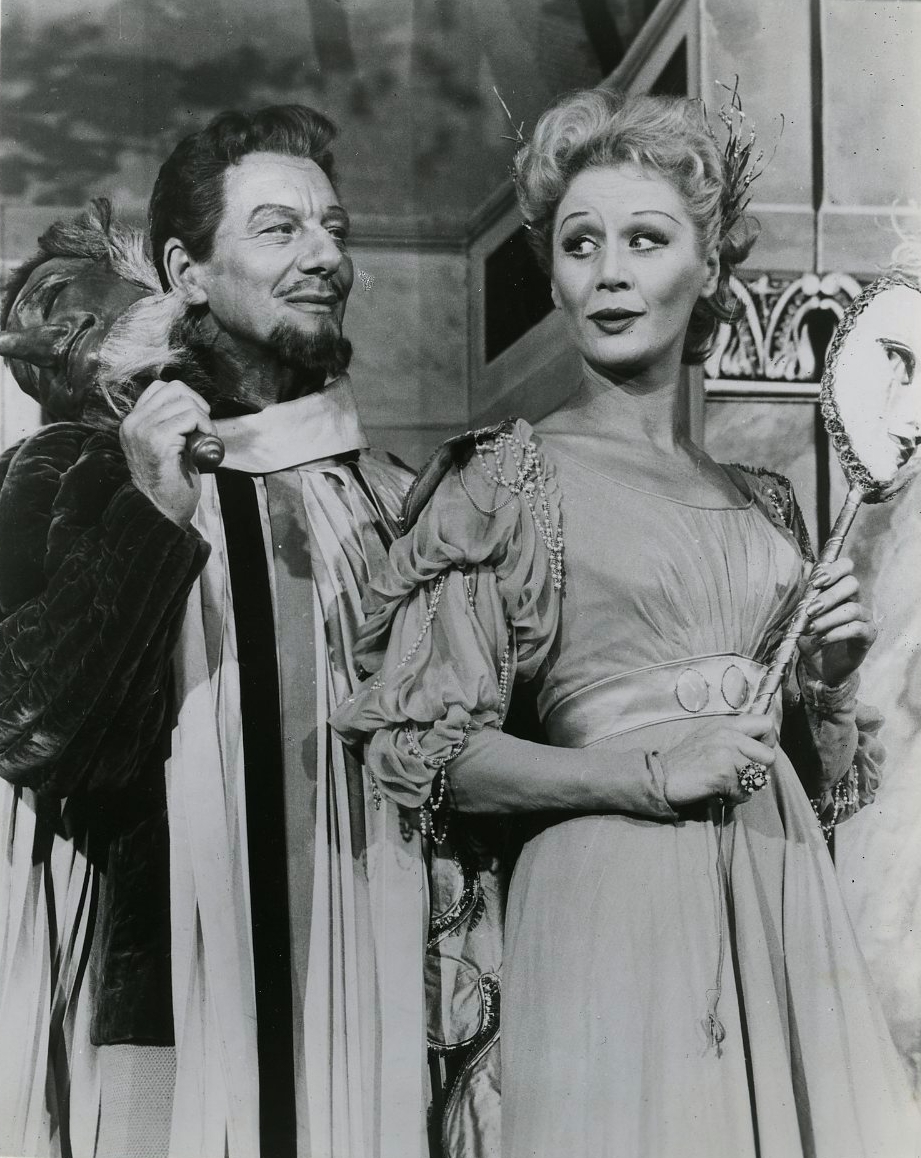
‘The course of true love never did run smooth.’ What Lysander observes in A Midsummer Night’s Dream (1.1.134) is true for all of Shakespeare’s romantic comedies: unfaithful lovers, forbidding fathers, scheming deceivers, and mistaken identities all complicate the basic plot of ‘boy meets girl’ and lead to rich explorations of love, sexuality, gender, and identity. In this seminar, we will read three of Shakespeare’s romantic comedies: Much Ado About Nothing, As You Like It, and Twelfth Night – plus Romeo and Juliet: a play that begins like a romantic comedy but eventually turns into a tragedy of love and thus offers an enlightening comparison to the often fragile happy endings of Shakespeare’s comedies.
The protagonists of Shakespeare’s romantic comedies offer some of his most dazzling display of verbal wit and wordplay, signs of intellectual and social distinction in the often exotic and joyful but also highly competitive worlds of these plays. Language itself is thus a major theme of Shakespeare’s romantic comedies, to which we will pay particular attention. It is a tool of communication that is often ambiguous and slippery, but also as a means of self-fashioning, a way of demonstrating one’s wit and cleverness in a society that deeply appreciated such qualities. Especially the female characters in these plays are among Shakespeare’s most remarkable creations in this regard, as is evident in the mercurial wit of Beatrice in Much Ado About Nothing, whose “merry war of the sexes” with Benedick offers a blueprint even for present-day romcoms, in the self-confident and proactive heroines in As You Like It and Twelfth Night, whose cross-dressing allows them to explore the performative dimension of gender identity at length, or in Juliet, who makes Romeo and Juliet very much her play – rather than Romeo’s. We will therefore also focus on the construction of love, gender, and social status in these plays, which are, above all, deeply social: characters almost always fashion themselves with a model and/or an audience in mind, be it as gallant courtiers, romantic lovers, or holier-than-thou moral authorities. They are aware of being watched and incessantly watch others. Especially the figure of the wise fool (Touchstone in As You Like It and Feste in Twelfth Night), whose folly often turns out to be wisdom in disguise, offers a running commentary on the received pieties and established social norms of these worlds. Misunderstanding and misinterpretation, with potentially fatal consequences, are thus always a real possibility, which only adds to the thrill of these plays.
- Docente: Kilian Markus Schindler
